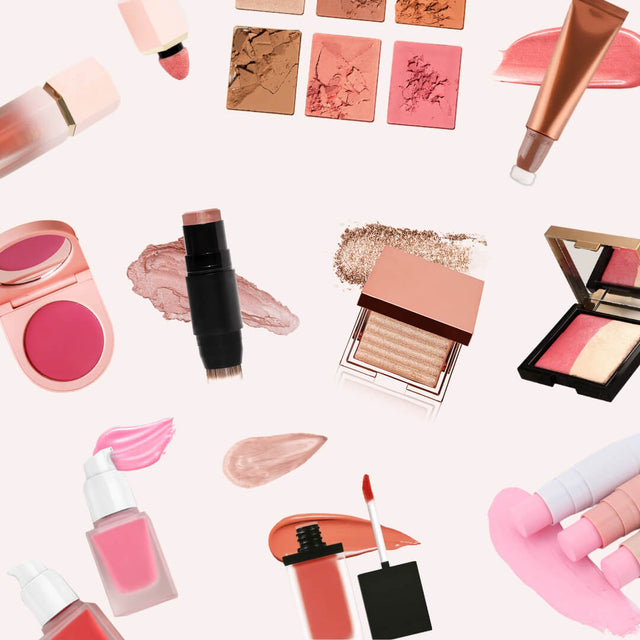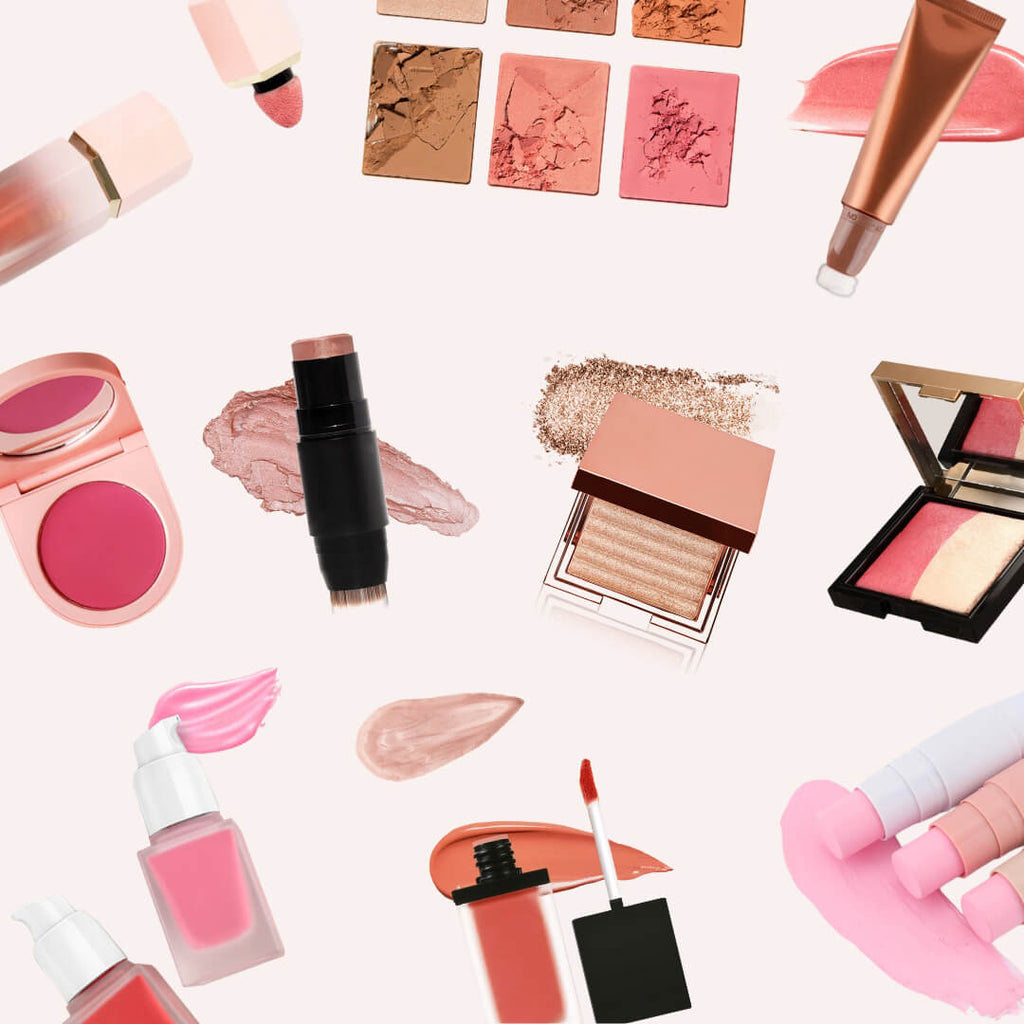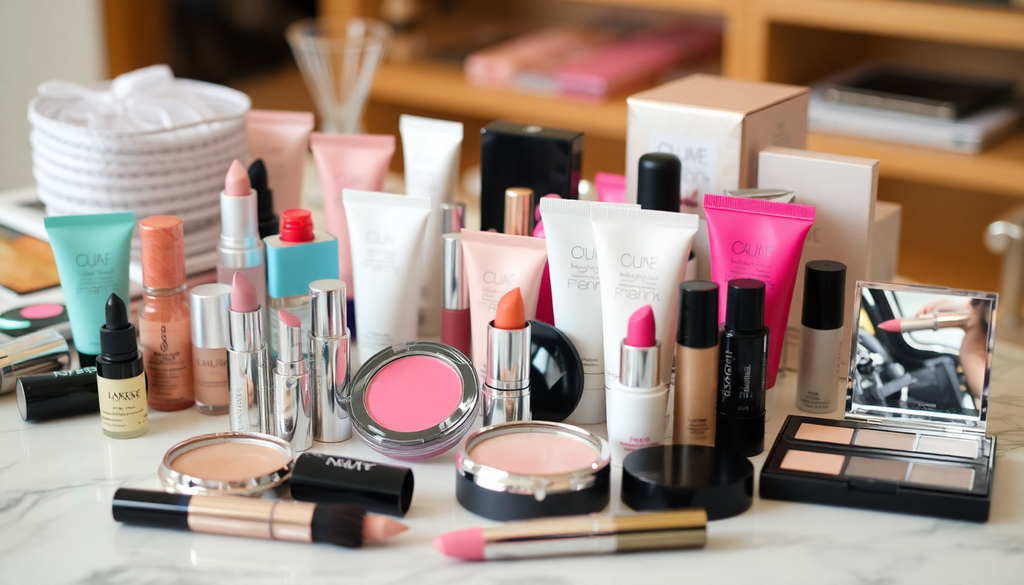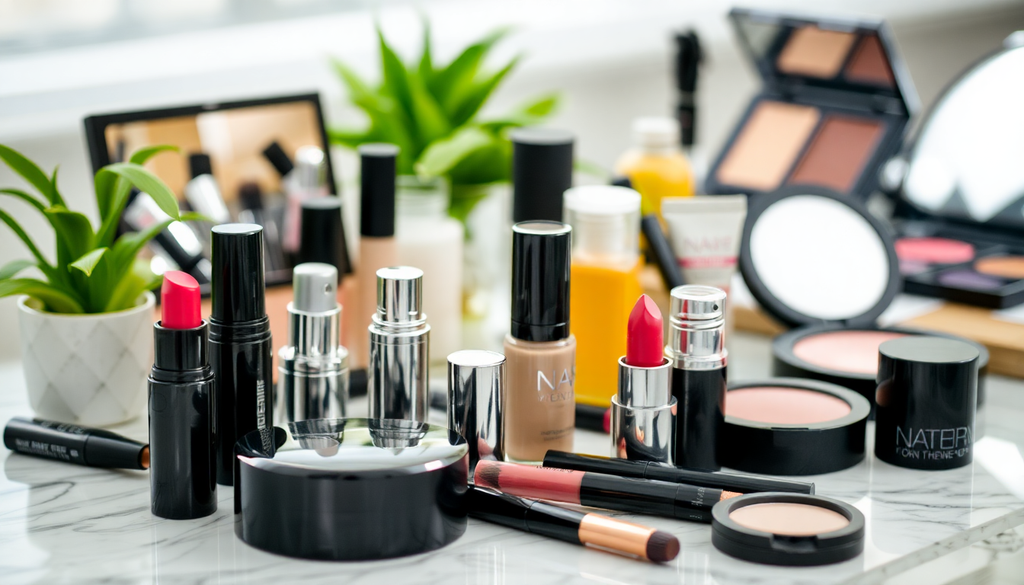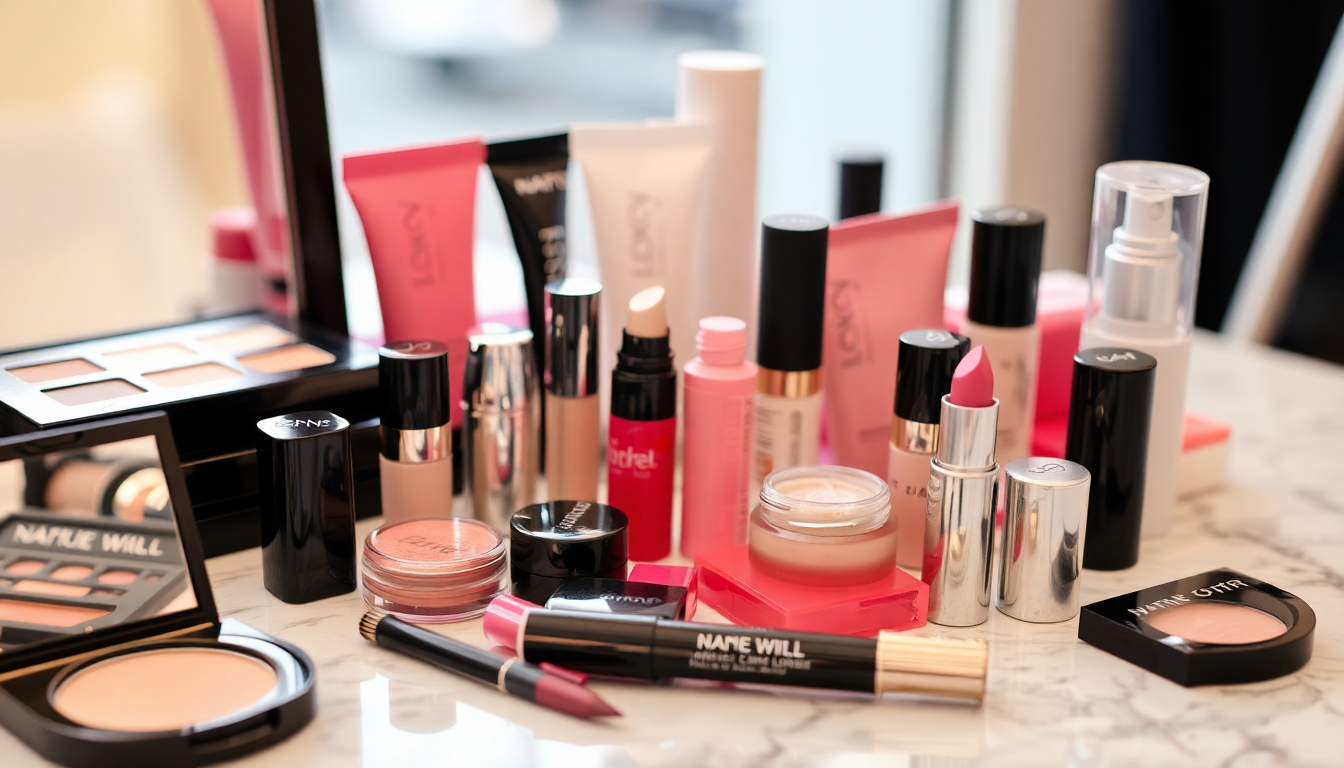
Your Comprehensive Guide to Starting a Private Label Makeup Business: Navigating Regulations, Packaging, and Marketing Strategies in 2025
Introduction
Starting a private label makeup business can be an exciting and rewarding venture. With the beauty industry booming, 2025 presents a unique opportunity to carve your niche in the market. This guide will walk you through the essential aspects of launching your private label makeup brand, including regulations, packaging, and effective marketing strategies.
Understanding Regulations
Before diving into the world of makeup, it's crucial to understand the regulatory environment. Regulations can vary significantly from country to country, so you must familiarize yourself with the specific requirements in your target market. Here are some key factors to consider:
- Cosmetics Labelling: Ensure that your product labels comply with local regulations. This often includes ingredient lists, directions for use, and any necessary warnings. For example, in the European Union, all cosmetics must comply with Regulation (EC) No 1223/2009, which sets out strict requirements for labeling and safety.
- Ingredient Regulations: Familiarize yourself with the allowable and prohibited ingredients in the regions where you plan to sell your products. The FDA in the US, for instance, has specific guidelines on what can and cannot be included in cosmetic formulations.
- Import Policies: If you're importing products, research import duties and tariffs that may apply. Some countries have specific restrictions and requirements for cosmetics imports, which could impact your costs and logistics.
- Certificates and Approvals: Certain regions may require specific certifications for cosmetics, such as safety assessments or cruelty-free certifications. Ensure compliance to build credibility. Certifications like ISO or GMP can also add value to your brand.
- Testing and Compliance: Conduct necessary testing to ensure your products are safe for use. This may include dermatological testing, stability testing, and microbiological testing.
Choosing the Right Packaging
Packaging is not just about aesthetics; it plays a vital role in branding and consumer perception. Here are some key considerations when developing your packaging:
- Material: Choose eco-friendly materials to appeal to environmentally conscious consumers. Biodegradable or recyclable packaging can enhance your brand image and attract a larger customer base.
- Design: Invest in professional design services to create attractive and functional packaging that reflects your brand's identity. Incorporate your brand colors, logo, and unique design elements to make your products stand out.
- Functionality: Ensure your packaging is user-friendly, preserving the integrity of the product while being easy to use. Consider features like pumps, droppers, or applicators that enhance the user experience.
- Size and Portability: Design packaging that caters to different consumer needs. Travel-sized products are increasingly popular, so consider offering variations in size.
- Security Features: Implement tamper-proof seals and child-resistant packaging where necessary to ensure product safety and compliance with regulations.
Setting Up Your Online Store
In today's digital age, having a robust online presence is essential. Here’s how to set up your online store:
- Choose an E-commerce Platform: Consider platforms like Shopify, WooCommerce, or BigCommerce that offer user-friendly interfaces. Evaluate their features, scalability, and transaction fees to find the best fit for your business.
- Domain Name: Select a memorable domain name that represents your brand. Ensure it is easy to spell and reflects your product offerings.
- Website Design: Invest in a professional website design that is visually appealing and easy to navigate. Mobile optimization is crucial as many consumers shop via their smartphones.
- Payment Processing: Set up secure payment gateways to facilitate smooth transactions. Consider offering multiple payment options, including credit cards, PayPal, and digital wallets.
- Product Descriptions: Write compelling product descriptions that highlight the benefits and unique features of your makeup products. Use engaging language and include keywords to optimize for search engines.
- Customer Reviews: Encourage customers to leave reviews and testimonials. Positive feedback can significantly influence potential buyers and build trust in your brand.
- SEO Optimization: Optimize your website for search engines by using relevant keywords, meta descriptions, and alt texts for images. This will help improve your visibility and attract organic traffic.
Marketing Strategies for Your Makeup Brand
Effective marketing is crucial for the success of your private label makeup business. Here are some strategies to consider:
- Social Media Marketing: Leverage platforms like Instagram, TikTok, and Pinterest to showcase your products and connect with your audience. Create engaging content that resonates with your target demographic.
- Influencer Collaborations: Partner with beauty influencers to reach a broader audience and build credibility. Influencers can provide authentic reviews and tutorials that showcase your products in action.
- Email Marketing: Create a mailing list to keep your customers informed about new products, promotions, and tips. Personalize your emails to enhance engagement and drive sales.
- Content Marketing: Start a beauty blog or YouTube channel to share tutorials, tips, and industry news, establishing your brand as an authority in the makeup space. This can also improve your SEO and generate organic traffic to your website.
- Promotional Campaigns: Run seasonal promotions, discounts, or giveaways to attract new customers and retain existing ones. Limited-time offers can create urgency and boost sales.
- Collaborations and Partnerships: Collaborate with other brands or businesses that align with your values to reach new audiences. Co-branded products or joint promotions can be mutually beneficial.
- Customer Loyalty Programs: Implement loyalty programs that reward repeat customers. This can increase customer retention and encourage brand loyalty.
Building Your Brand Identity
Developing a strong brand identity is key to standing out in a competitive market. Here are steps to create a compelling brand:
- Define Your Unique Selling Proposition (USP): Identify what sets your makeup brand apart from competitors. This could be your product formulations, packaging, or brand values.
- Target Audience: Understand your target audience's preferences and demographics. Tailor your branding and marketing strategies to resonate with them.
- Brand Story: Craft a compelling brand story that connects with your audience on an emotional level. Share your journey, values, and mission to foster a sense of community.
- Consistent Branding: Ensure consistency across all branding elements, including logo, color palette, typography, and messaging. This creates a cohesive brand image that is recognizable.
Managing Inventory and Logistics
Efficient inventory management and logistics are vital for the success of your business. Consider the following:
- Inventory Management Software: Utilize inventory management software to track stock levels, sales, and orders. This helps prevent overstocking or stockouts.
- Supplier Relationships: Build strong relationships with suppliers to ensure quality products and reliable delivery. Regular communication can help you stay informed about any changes in production or pricing.
- Shipping and Fulfillment: Choose reliable shipping partners to ensure timely delivery. Consider offering various shipping options to cater to customer preferences.
- Returns and Customer Service: Develop a clear returns policy and provide excellent customer service. Addressing customer concerns promptly can enhance satisfaction and loyalty.
Conclusion
Launching a private label makeup business in 2025 is full of potential, provided you navigate the complexities of regulations, packaging, and marketing effectively. By following this comprehensive guide, you can set a solid foundation for your brand and achieve success in the competitive cosmetics industry. Remember, building a successful brand takes time, effort, and adaptability, so stay committed and responsive to market trends and consumer needs.

